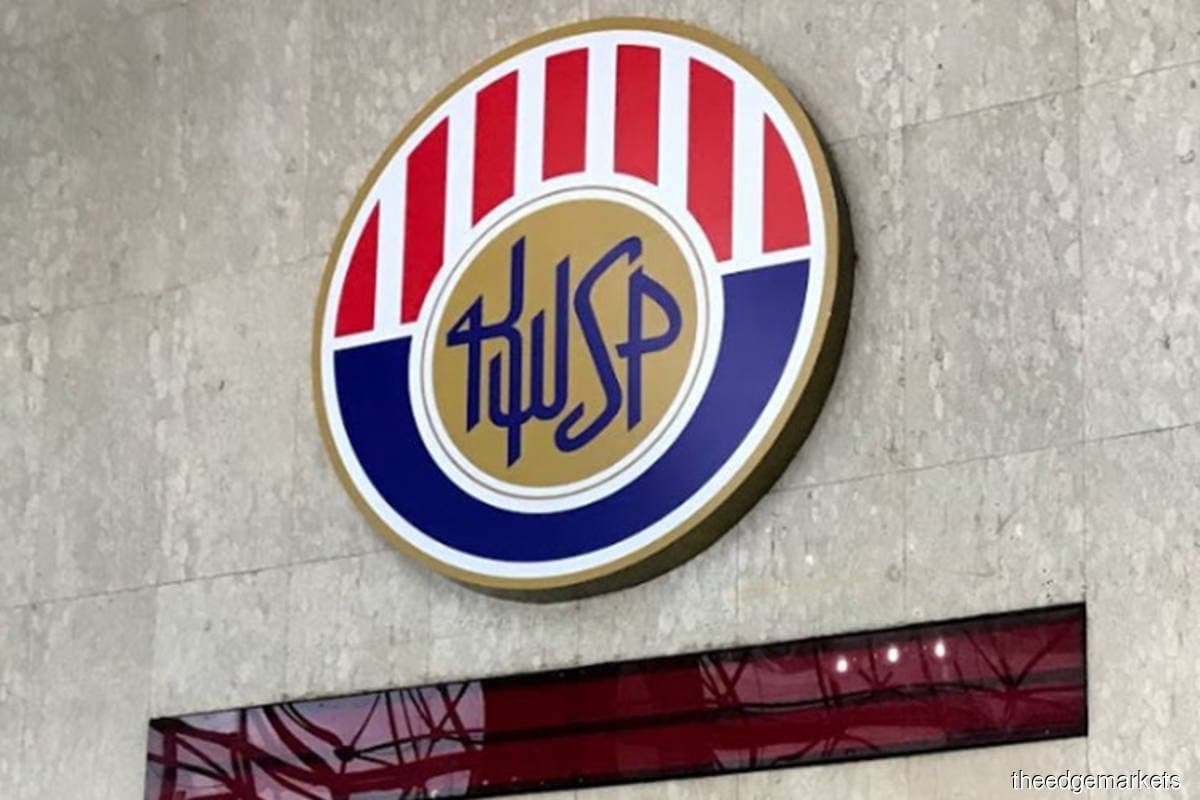
KUALA LUMPUR (Sept 19): The Employees Provident Fund (EPF) reported a gross investment income of RM15.12 billion for the second quarter ended June 30, 2020 (2Q20), up 24.3% from the RM12.16 billion it reported for 1Q20, as equities trended upwards towards the end of 2Q20, when both the FBM KLCI and global markets started to improve as economies gradually reopened.
Net investment income came in at RM13.46 billion for the quarter, up 79.5% from RM7.5 billion for 1Q20.
In a statement, EPF chief executive officer (CEO) Tunku Alizakri Alias said the extremely volatile and challenging conditions seen since the early part of 2020 showed no signs of normalising as ongoing issues like the US-China trade tensions and low oil prices remained unresolved, while Covid-19 continued to run havoc in unprepared countries around the world.
Nevertheless, he said, the fund’s Strategic Asset Allocation (SAA) framework that guides it in how it structures its investments and portfolio served it well during the tumultuous first half of the year.
"For example, our exposure to fixed income instruments enabled us to ride out the initial slump at the beginning of the quarter. We then saw an upward movement in equities towards the end of the quarter when both the FBM KLCI and global markets started to improve as economies gradually but cautiously reopened. Moving forward, we remain cautious as a second Covid-19 wave remains a possibility, which would have a major negative multiplier impact on the already weak economic conditions faced by many countries which have yet to come out of the first wave,” he said.
Equities contributed 54% or RM8.11 billion of the retirement fund's gross investment income for 2Q20, while fixed income instruments contributed RM6.17 billion, real estate and infrastructure contributed RM470 million, and money market instruments provided the remaining RM370 million.
In contrast, equities contributed 52% or RM6.32 billion of its gross investment income for 1Q20, while fixed income instruments contributed 40% or RM4.87 billion. Its real estate and infrastructure investments contributed RM540 million, while money market instruments contributed another RM430 million.
The retirement fund's investment assets stood at RM929.64 billion as at end-June, of which 30% were invested overseas.
"As of the second quarter of the year, 39% of the total gross investment income recorded was contributed by the EPF’s overseas investments. The overseas income was driven by a recovery across global equity markets in the second quarter, which allowed the EPF to ride out the slump during the first quarter of the year. Fixed income also contributed higher gains due to a low-yield environment, which provided more opportunities for the fund to realise its gains," the EPF noted in the statement.
On prospects for the second half of 2020, Tunku Alizakri said the EPF remains cautious, even though more countries are easing their quarantine restrictions and markets reopen for business, as a Covid-19 vaccine remains a promise that would not be fulfilled in the immediate future.
"We already have Australia’s Victoria state going back into a lockdown in early July and New Zealand and Hong Kong relooking their control measures.
“In light of the unprecedented situation, we believe that we managed to deliver a satisfactory performance, balancing the pressing liquidity needs of our members against the long-term responsibility of ensuring financial adequacy at retirement and sustainable returns on investment.
"Moving forward, it will be even more crucial for the EPF to continue investing in fundamentally strong assets, especially those companies which have shown an ability to pivot in adapting to the new norm,” he said.
On that note, he said the EPF is committed to accelerating its adoption of environmental, social and governance (ESG) criteria as a core part of its investment decision-making process as it believes strong ESG practices will enable economies, industries and companies to be more adaptable and resilient in times of crisis.

